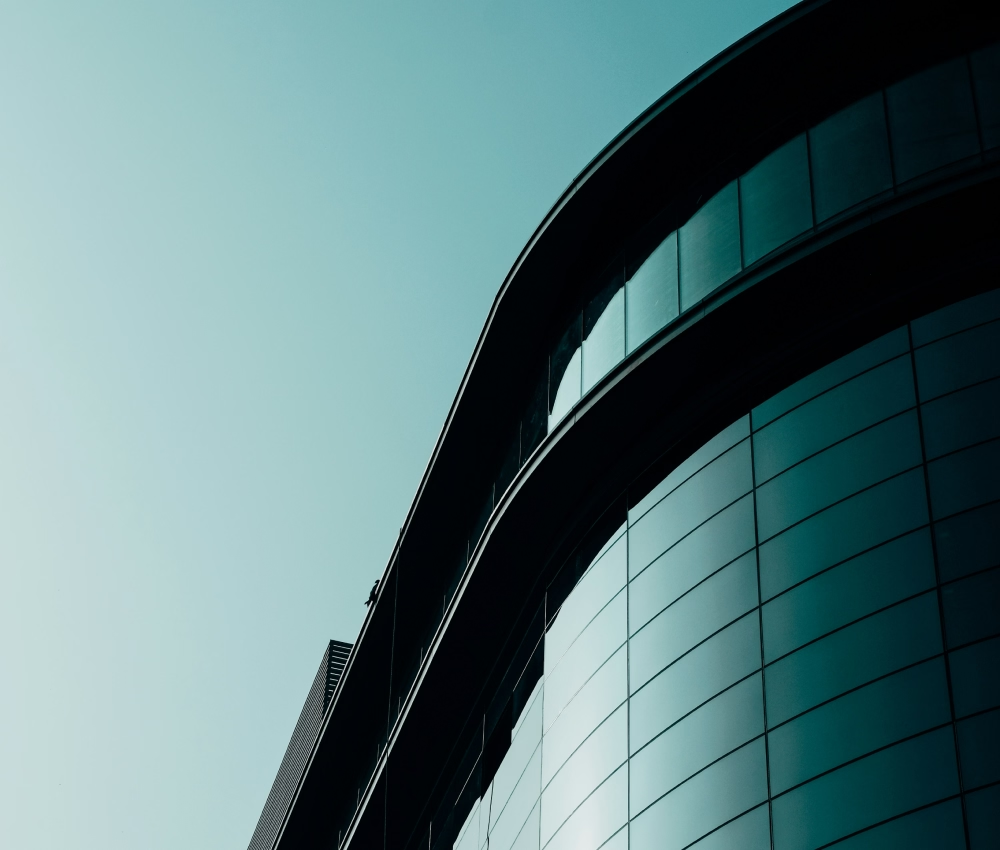Share this article
n today's dynamic retail landscape, health and wellness stores are evolving to meet changing consumer demands. As global experts in corporate real estate, Vestian recognizes the importance of innovative design in maximizing the business potential of retail spaces. Let's explore some key design trends that are shaping health and wellness retail locations.
Understanding Health & Wellness Retail Spaces
Health and wellness retail spaces encompass a wide range of businesses, from organic food stores and vitamin shops to fitness equipment retailers and wellness centers. The design of these spaces plays a crucial role in creating an environment that aligns with the business objectives of retailers in this sector.
Key Design Trends
1. Natural Elements Integration
Incorporating natural elements like plants, wood, and stone can create an inviting atmosphere that resonates with health-conscious consumers. This approach can improve air quality and create a sense of tranquility, potentially enhancing the overall customer experience.
2. Minimalist Design
A minimalist approach focuses on simplicity and functionality, creating clean and uncluttered spaces. This design strategy can enhance product visibility and create a sense of calm, potentially making it easier for customers to focus on their shopping experience.
3. Interactive Displays
Interactive displays, such as touchscreens and product demonstration areas, can engage customers and provide hands-on experiences. These elements may help capture customer attention and provide valuable product information.
4. Personalized Experiences
Tailoring the shopping experience to individual customer preferences using data and technology is becoming increasingly prevalent. This approach may help build customer loyalty and potentially increase sales by making customers feel valued.
5. Wellness Zones
Dedicated spaces for relaxation, consultation, or education within the store can provide added value to customers. These zones may increase customer engagement and offer opportunities for additional services.
6. Sustainable Design
Incorporating eco-friendly design elements and sustainable practices can appeal to environmentally conscious consumers. This approach may also lead to operational cost reductions through improved energy efficiency and waste minimization.
7. Digital Integration
Integrating digital technology, such as digital signage and mobile payment systems, can enhance the customer experience and streamline operations. This integration may provide valuable data insights for businesses.
8. Community Engagement
Creating opportunities for customers to connect through events, workshops, or online platforms can foster a sense of community. This engagement may build customer loyalty and provide valuable feedback channels.
Conclusion
These design trends offer various approaches for health and wellness retailers to consider when optimizing their spaces. By thoughtfully incorporating elements that align with their specific business goals and customer needs, retailers in this sector can create environments that support their overall business strategy.
As a global corporate real estate advisor, Vestian understands the importance of aligning real estate decisions with business objectives. Our team of experts is equipped to provide personalized, end-to-end real estate solutions that can help businesses in the health and wellness retail sector maximize their potential.







